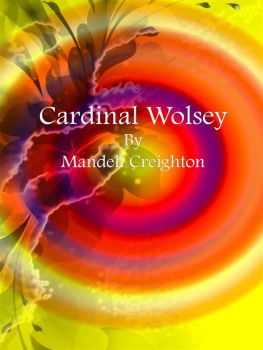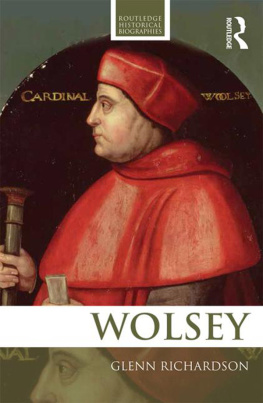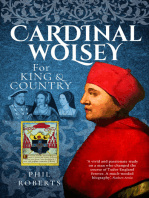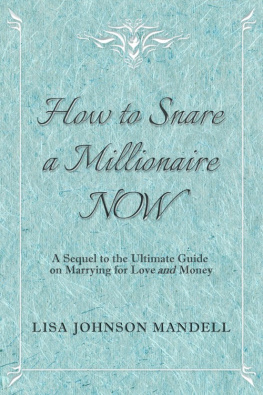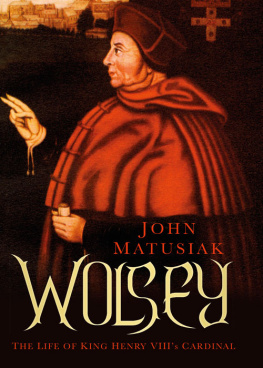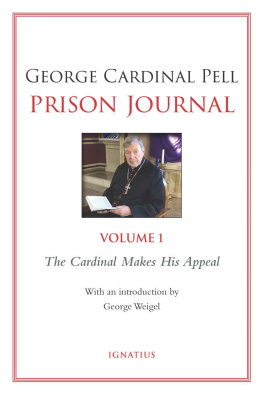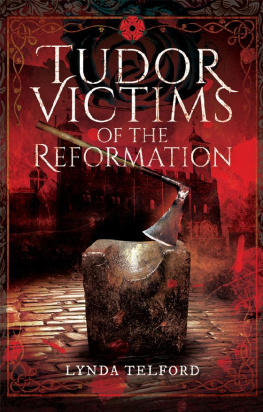CHAPTER I
THE STATE OF EUROPE
1494-1512
All men are to be judged by what they do, and the way in which they do it. In the case of great statesmen there is a third consideration which challenges our judgmentwhat they choose to do. This consideration only presents itself in the case of great statesmen, and even then is not always recognised. For the average statesman does from day to day the business which has to be done, takes affairs as he finds them, and makes the best of them. Many who deliberately selected the questions with which they dealt have yet shrunk from the responsibility of their choice, and have preferred to represent their actions as inevitable. Few can claim the credit of choosing the sphere of their activity, of framing a connected policy with clear and definite ends, and of applying their ideas to every department of national organisation. In short, statesmen are generally opportunists, or choose to represent themselves as such; and this has been especially the case with English statesmenamongst whom Wolsey stands out as a notable exception. For Wolsey claims recognition on grounds which apply to himself alone. His name is not associated with any great achievement, he worked out no great measure of reform, nor did he contribute any great political idea which was fruitful in after days. He was, above all things, a practical man, though he pursued a line of policy which few understood, and which he did not stop to make intelligible. No very definite results came of it immediately, and the results which came of it afterwards were not such as Wolsey had designed. Yet, if we consider his actual achievements, we are bound to admit that he was probably the greatest political genius whom England has ever produced; for at a great crisis of European history he impressed England with a sense of her own importance, and secured for her a leading position in European affairs, which since his days has seemed her natural right.
Thus Wolsey is to be estimated by what he chose to do rather than by what he did. He was greater than his achievements. Yet Wolsey's greatness did not rise beyond the conditions of his own age, and he left no legacy of great thought or high endeavour. The age in which he lived was not one of lofty aspirations or noble aims; but it was one of large designs and restless energy. No designs were cast in so large a mould as were those of Wolsey; no statesman showed such skill as he did in weaving patiently the web of diplomatic intrigue. His resources were small, and he husbanded them with care. He had a master who only dimly understood his objects, and whose personal whims and caprices had always to be conciliated. He was ill supplied with agents. His schemes often failed in detail; but he was always ready to gather together the broken threads and resume his work without repining. In a time of universal restlessness and excitement Wolsey was the most plodding, the most laborious, and the most versatile of those who laboured at statecraft.
The field of action which Wolsey deliberately chose was that of foreign policy, and his weapons were diplomacy. The Englishmen of his time were like the Englishmen of to-day, and had little sympathy with his objects. Those who reaped the benefits of his policy gave him no thanks for it, nor did they recognise what they owed to him. Those who exulted in the course taken by the English Reformation regarded Wolsey as its bitterest foe, and never stopped to think that Wolsey trained the hands and brains which directed it; that Wolsey inspired England with the proud feeling of independence which nerved her to brave the public opinion of Europe; that Wolsey impressed Europe with such a sense of England's greatness that she was allowed to go her own way, menaced but unassailed. The spirit which animated the England of the sixteenth century was due in no small degree to the splendour of Wolsey's successes, and to the way in which he stamped upon men's imagination a belief in England's greatness. If it is the characteristic of a patriot to believe that nothing is beyond the power of his country to achieve, then Wolsey was the most devoted patriot whom England ever produced.
When Wolsey came to power England was an upstart trying to claim for herself a decent position in the august society of European states. It was Wolsey's cleverness that set her in a place far above that which she had any right to expect. For this purpose Wolsey schemed and intrigued; when one plan failed he was always ready with another. It mattered little what was the immediate object which he had in hand; it mattered much that in pursuing it he should so act as to increase the credit of England, and create a belief in England's power. Diplomacy can reckon few abler practitioners than was Wolsey.
There is little that is directly ennobling in the contemplation of such a career. It may be doubted if the career of any practical statesman can be a really ennobling study if we have all its activity recorded in detail. At the best it tells us of much which seems disingenuous if not dishonestmuch in which nobility of aim or the complexity of affairs has to be urged in extenuation of shifty words and ambiguous actions.
The age in which Wolsey lived was immoral in the sense in which all periods are immoral, when the old landmarks are disappearing and there is no certainty about the future. Morality in individuals and in states alike requires an orderly life, a perception of limits, a pursuit of definite ends. When order is shattered, when limits are removed, when all things seem possible, then political morality disappears. In such a condition was Europe at the beginning of the sixteenth century. The old ideas, on which the medival conception of Christendom depended, were passing away. No one any longer regarded Christendom as one great commonwealth, presided over by Pope and Emperor, who were the guardians of international law and arbiters of international relations. The Empire had long ceased to exercise any control, because it was destitute of strength. The Papacy, after vainly endeavouring to unite Europe round the old cry of a crusade against the Turk, had discovered that there was no European power on which it could rely for support. The old ideas were gone, the old tribunals were powerless, the old bonds of European union were dissolved.

